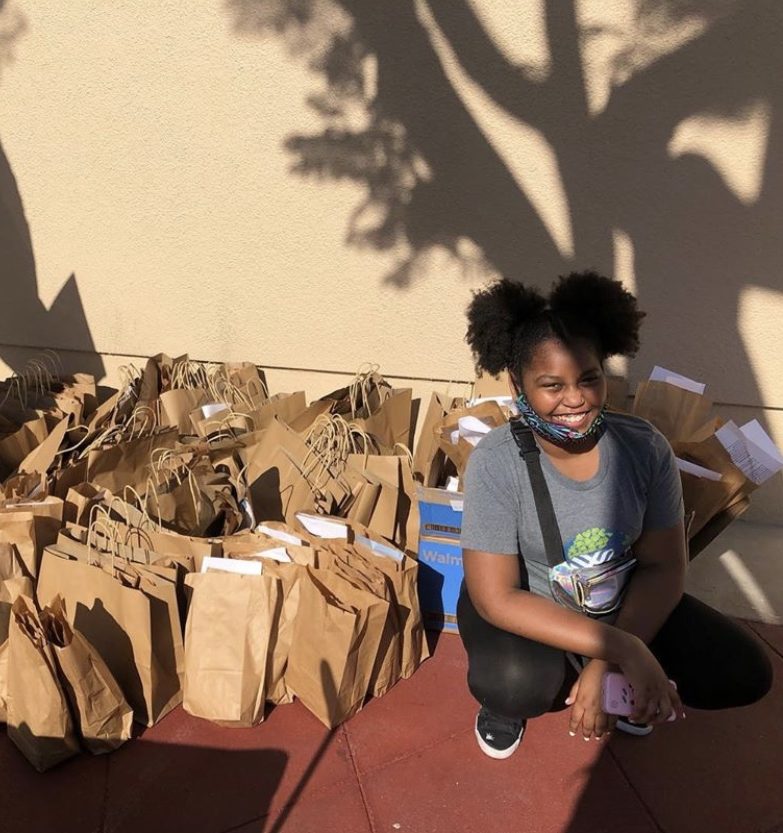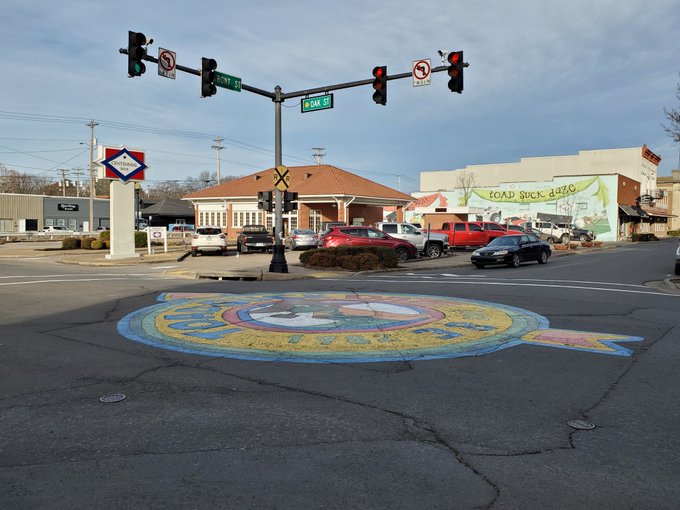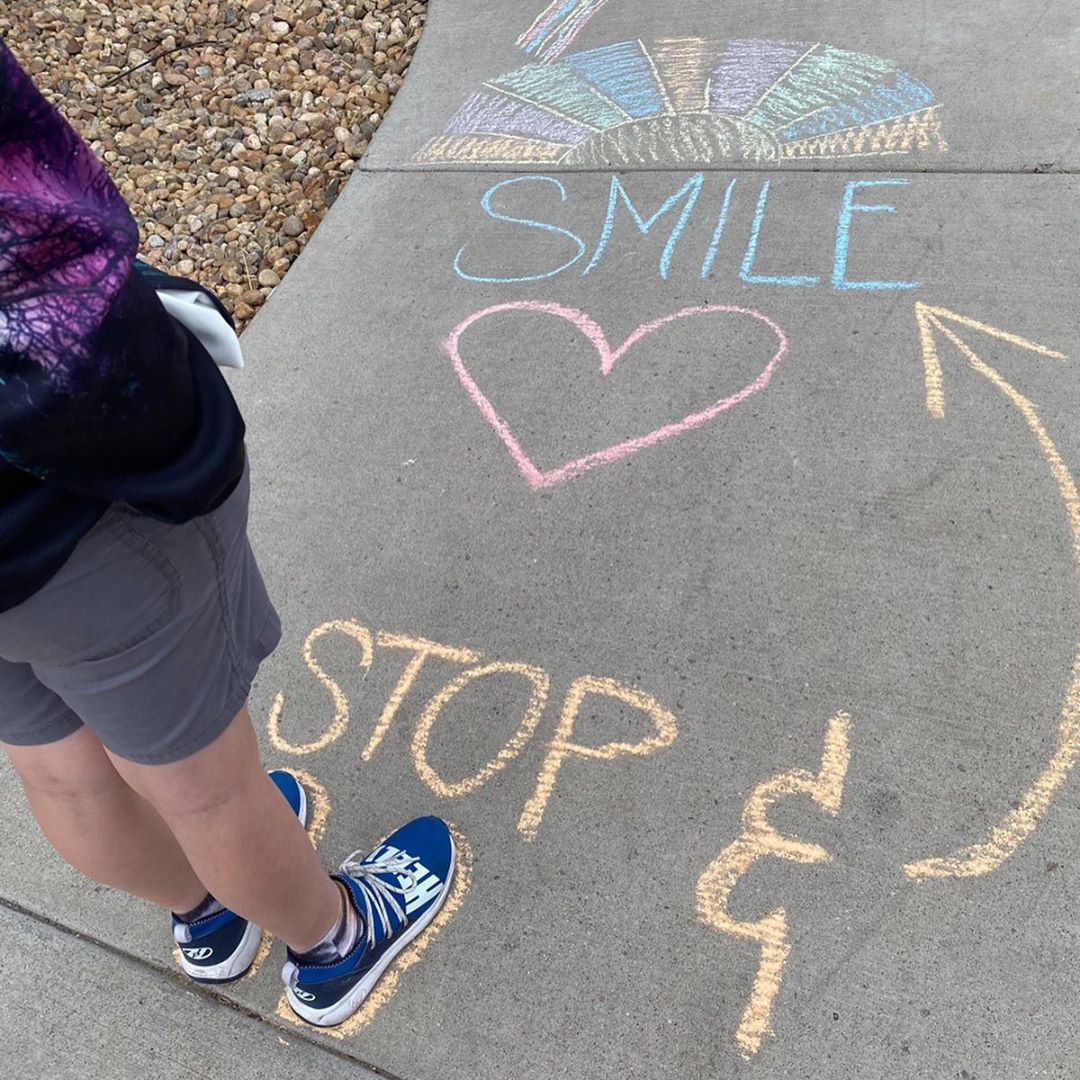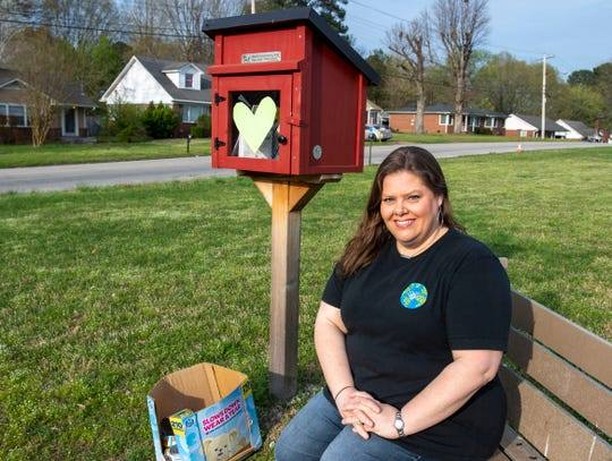

To help strengthen and support #GivingTuesdayNow efforts at the grassroots level, GivingTuesday launched the Starling Fund, which distributed small grants among the existing cohort of official community and country leaders. This support covered essential resources our leaders needed to encourage, inspire, and uplift everyday givers, businesses, and NGOs in their regions for #GivingTuesdayNow.
We ultimately funded 46 GivingTuesday leaders. We are now re-imagining this pilot program as the Starling Collective to build on the success of our first effort, while also expanding to reach movement leaders beyond the existing GivingTuesday network.
We’re proud of what these leaders were able to accomplish in such a short time, and we are excited to share their experiences. We hope these stories can help spark ideas and action for increasing generosity worldwide.
As schools shut down during the early days of the pandemic, #GivingTuesdayKids leader Khloe was worried young people might miss out on STEM (science, engineering, technology and math) education. She used her Starling microgrant to purchase supplies for STEM kits which she and her friends passed out during the public school district’s planned free lunch distribution.

Although the physical toll that would come with the COVID-19 crisis would be significant, the emotional toll has been compounded by trauma from war and Ebola. GivingTuesday Liberia leaders used their Starling microgrant to help tend to the emotional needs of Liberians through inspiring billboards and radio advertisements. The billboard advertisement encouraged healthcare heroes driving to and from the frontlines. The radio advertisements motivated the masses. These advertisements informed Liberians about #GivingTuesdayNow, reminded Liberians that they’ve overcome war and Ebola, and provided hope that they will overcome COVID-19. Their video PSA encouraged Liberians to use generosity to connect with each other even amidst physical distancing:”Giving now means giving even when you need it too.”
In the early days of the pandemic, the city of Columbus, OH was under stress: many had become unemployed, with job opportunities remaining scarce and local government struggling to keep up with demand. Shelters were operating at reduced levels and some community organizations had to close their doors. For their #GivingTuesdayNow project, the organizers of #GivingTuesdayColumbus set out on a mission to feed 20,000 Columbus, OH residents in need. Led by Make A Day, volunteers organized their community’s restaurants, grocery stores, and small businesses to come together to raise money and collect food which was distributed to the homeless, low income families, and clients of Community Development For All People and the Dream Center. “Our community is working hard to adapt and evolve with new regulations and constraints,” said the organizers. “It is important that as leaders we continue to bring all members of our community forward with us. AND we have been a bright spot for those we serve, our volunteers and many more by setting this example. One act of love and kindness can spread like the ripples from a pebble in a pond.”


Even before the pandemic, Colombia had been suffering. Nearly 1 in 3 people live below the poverty line, and an increasing number of families struggle to put food on the table. By the time May 5 arrived, small businesses were struggling and people were losing their jobs. Like other low-moderate income countries, Colombia didn’t have the resources to slow down and mitigate the transmission or impact of COVID-19 resulting in a severely strained health care system.
Un Dia Para Dar Colombia leaders wanted to bring #GivingTuesdayNow to Colombia using the theme “Contagia de Esperanza (Contagious Generosity).” They inspired people all over the country to give back in big ways and small. Firefighters helped deliver food and medications to seniors and volunteers brought food and treats to first responders. An agency that represents musicians in Colombia organized mini concerts that brought joy to residents while collecting food for the country’s most vulnerable. One nonprofit group organized a #CarvanaDeLaEsperanze (Caravan of Hope) that brought basics and supplies to barrios in Medellin. The campaign inspired thousands to ‘catch kindness’ and support each other even if they didn’t have much to give.
ConwayGives is a coalition of homeless service providers in Arkansas. With their system already at capacity, by the time the pandemic hit, organizers feared that Conway’s homeless population would explode with families that had never been homeless before. Six agencies collaborated to prevent homelessness by streamlining rental assistance services in their area and pooled resources in order to make this process easier on families affected by COVID-19.
ConwayGives leaders used their Starling microgrant to run a media blast on their local cable network to reach people where they were – quarantined in their homes while watching CNN. The ads informed people who could use their services of where to go and also inspired donations from those who were able to give. The organizers’ original goal was to raise $35,000 USD but they were able to raise over $100,000 USD. The extra dollars helped them re-house 200 families who were no longer be able to afford their current housing due to compounded circumstances brought about by COVID-19.


Inspired by the rainbow posters that people around the world had been posting in their windows, the TorontoGives organized a city-wide art project to brighten their moods, boose their morale, and share messages of hope.
Toronto Gives partnered with food delivery companies and food distribution centers to deliver packages of sidewalk chalk to neighborhoods around the city, asking residents and families, while maintaining social distance, to write love notes to Toronto on their sidewalks. The sidewalks of Toronto were lined with notes to the city they love.
Anticipating a rise in food-insecurity in their Jackson, TN community, Give Back Jack leaders decided to convert their communities’ Little Free Libraries into Little Free Pantries – stocking them with basics, supplies, and non-perishable food items to be given away for free to anyone in need. After receiving a donation of materials from Lowes and the time of a local woodworker, they also built 8 new boxes which were placed strategically in high-need areas. Partnerships with local social service organizations will ensure the new Blessing Boxes will remain stocked and ready for the community’s most vulnerable throughout the pandemic.
